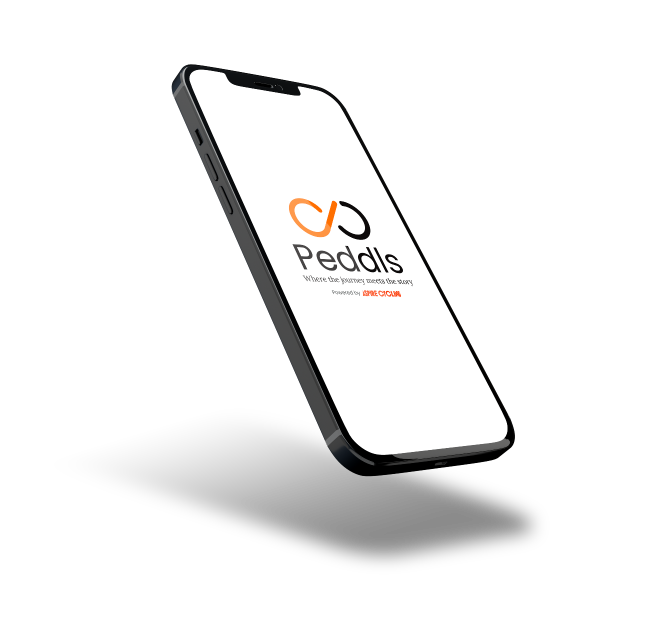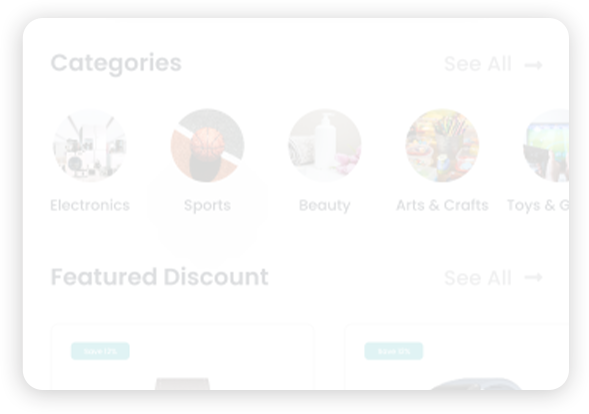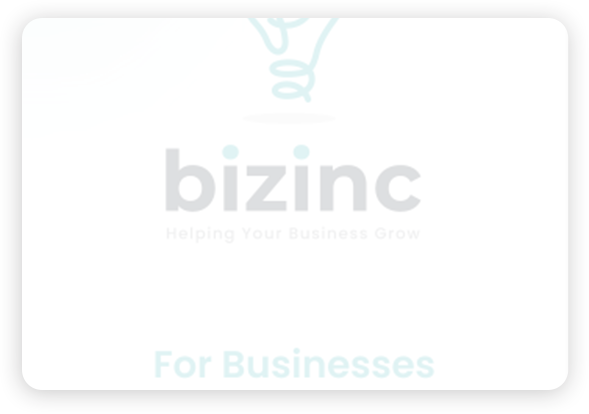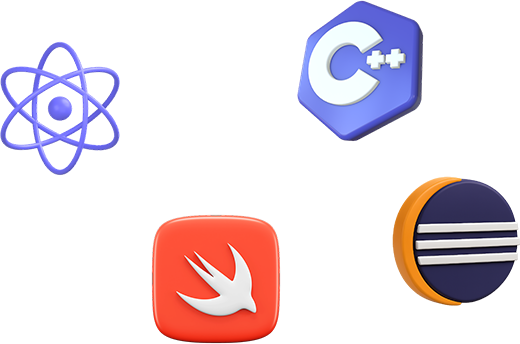

Paddls is a user-friendly platform for cycling and adventure bookings, offering curated routes, guided tours, real-time tracking, and rewards redemption at partner businesses.
Effortlessly book tours and make secure payments using saved cards, Apple Pay, or Google Pay—all within the app.
Earn badges, points, and rewards for completed rides, encouraging user engagement and consistent participation.
Track your ride live with GPS and receive real-time updates for a safer, more connected cycling experience.
Paddls is a cycling adventure app for booking tours, tracking rides, earning rewards, and connecting with the community.

Explore cycling tours by location, difficulty level, duration, and type, view detailed itineraries, book instantly, request custom group tours, secure payment processing, and manage bookings.

Live GPS tracking, real-time updates, voice navigation, syncing with fitness apps, and offline maps for limited connectivity are features of this innovative bike

Earn badges and points for completed tours, distance milestones, and eco-friendly rides, with leaderboards ranking and CO, savings calculator. Redeem points at partner businesses.

Booking confirmations, reminders, and updates about upcoming rides are provided, along with live weather alerts for planned rides, special rewards, leaderboard updates, and cycling challenges.
The steps taken from the preliminary development considerations to the final release of the app.

A brief overview of the target audience, their needs, and how the product is tailored to solve their specific problems or improve their daily experience.
An outline of the strategic and technical decisions made during development—platform selection, architecture, tools, and methodologies that shaped the foundation of the app.
A deep dive into the visual and user experience design—color schemes, branding, UI components, and how the design was crafted to be intuitive, engaging, and aligned with user behavior.
Details on how complexity was reduced in both user flows and functionality—ensuring ease of use, smooth navigation, and minimal learning curve across all user types.
Insights into the testing phase—how the app was tested with users, what feedback was collected, how bugs were resolved, and how usability improvements were made based on real user input.
An explanation of the systems or features used to monitor app performance, user behavior, and data insights post-launch—helping stakeholders track success and usage trends.
Describes the delivery process—how documentation, admin tools, or training were provided to clients or stakeholders, ensuring a smooth transition and operational readiness.
A section dedicated to the app’s future roadmap—plans for updates, new features, continuous feedback loops, and the long-term vision for evolving the platform.
Showcases the app’s unique selling points and differentiators—what makes it memorable, competitive, and valuable in its industry or market.
1
Who’s It For2
Choosing How to Build3
Designing the Look4
Making it Simple5
Testing & Feedback6
Keeping Track7
Handing Over8
Always Improving9
Helping It Stand OutPartner with CMOLDs and turn your app idea into reality with expert app developers and designers on deck!